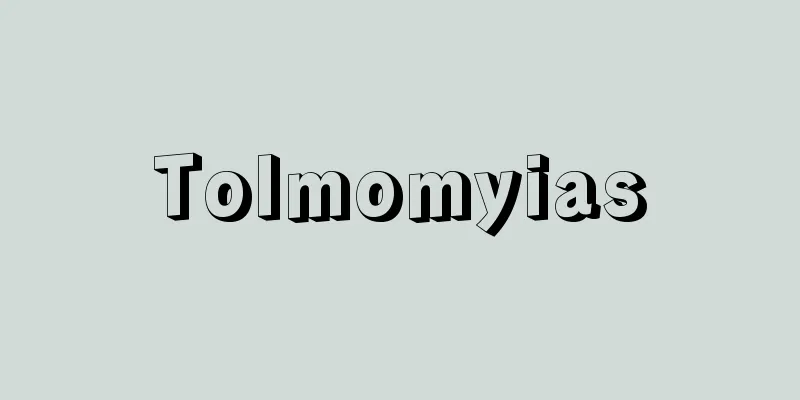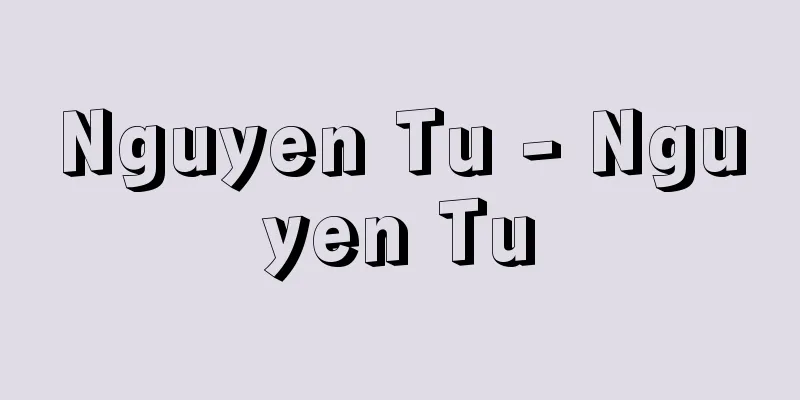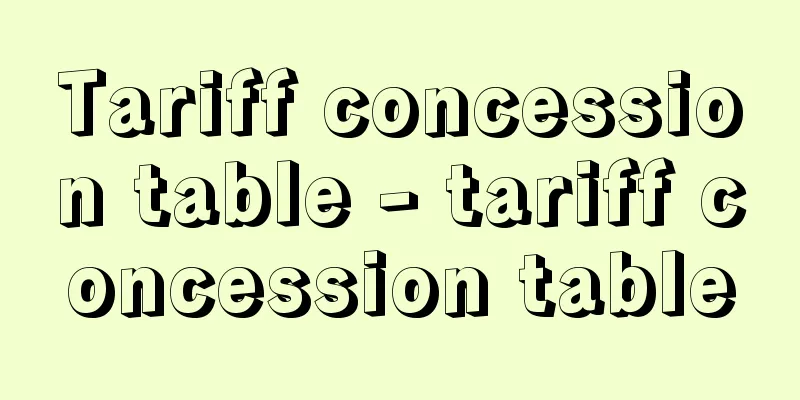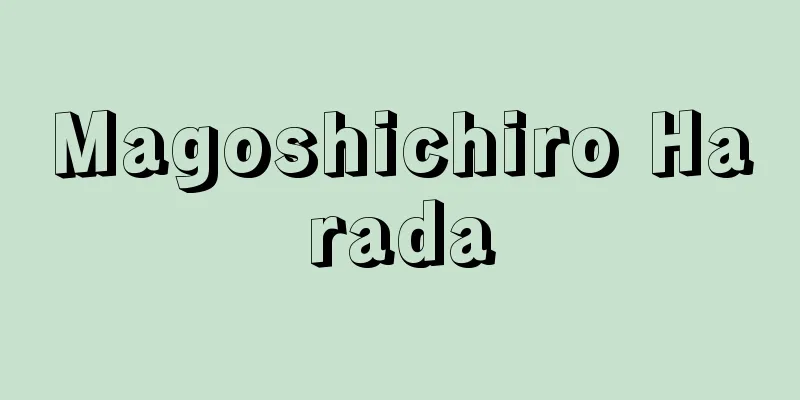Foreign Exchange and Foreign Trade Control Law
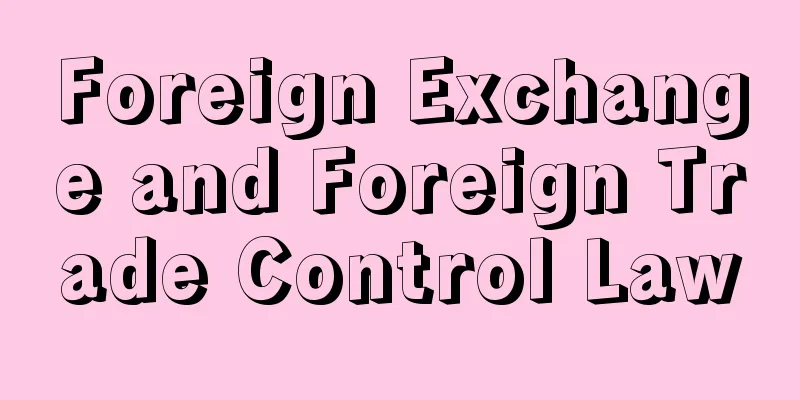
|
The Basic Law for Foreign Economic Transactions was enacted in 1949 (Showa 24) with the aim of unifying Japan's foreign exchange and trade controls. In May 1997 (Heisei 9), a fundamental revision was made to the law to accommodate changes in the environment surrounding international financial transactions, and the word "control" was removed from the name of the law to make it the Foreign Exchange and Foreign Trade Act. [Editorial Department] [Reference item] | ActSource: Shogakukan Encyclopedia Nipponica About Encyclopedia Nipponica Information | Legend |
|
日本の為替管理と貿易管理とを一元的に行うことを目的として、1949年(昭和24)に制定された対外経済取引の基本法。1997年(平成9)5月、国際金融取引をめぐる環境の変化に対応するため抜本的な改正が行われ、法律名も「管理」を削除した「外国為替及び外国貿易法」となった。 [編集部] [参照項目] |出典 小学館 日本大百科全書(ニッポニカ)日本大百科全書(ニッポニカ)について 情報 | 凡例 |
<<: Foreign Exchange Control Law
Recommend
Argyropoulos, J.
… The development of Greek studies, which became ...
Tarobei Ishibashi
1849-1922 A fisherman from the Meiji to Taisho er...
T-bone steak
…[Shizuo Tsuji]. … *Some of the terminology that ...
Iino District - Iino District
…Moritaka Norinaga's inner grave is at Myorak...
Cystitis
What kind of disease is it? ●Main symptoms and cou...
The 48 harbours of Lake Kasumigaura
Self-governing organization of fishermen in Lake K...
Aitne (English spelling)
Jupiter's 31st moon. Discovered in 2001. Named...
Karen - Karen
The language of the Karen people found in Myanmar ...
Epiphany
...Various theories that emphasized only one aspe...
Tanba Province
The old name of the province that occupies the ce...
Hyperboreoids
A legendary Greek people who lived beyond the Nort...
Alopias vulpinus (English spelling) Alopiasvulpinus
...As its name suggests, it has a long tail fin. ...
FFH - FFH
...All times broadcast are the standard time of e...
Pataria (English spelling)
A popular religious movement that was the forerunn...
Takeda Nariaki
1827-1880 A military scholar from the end of the ...
